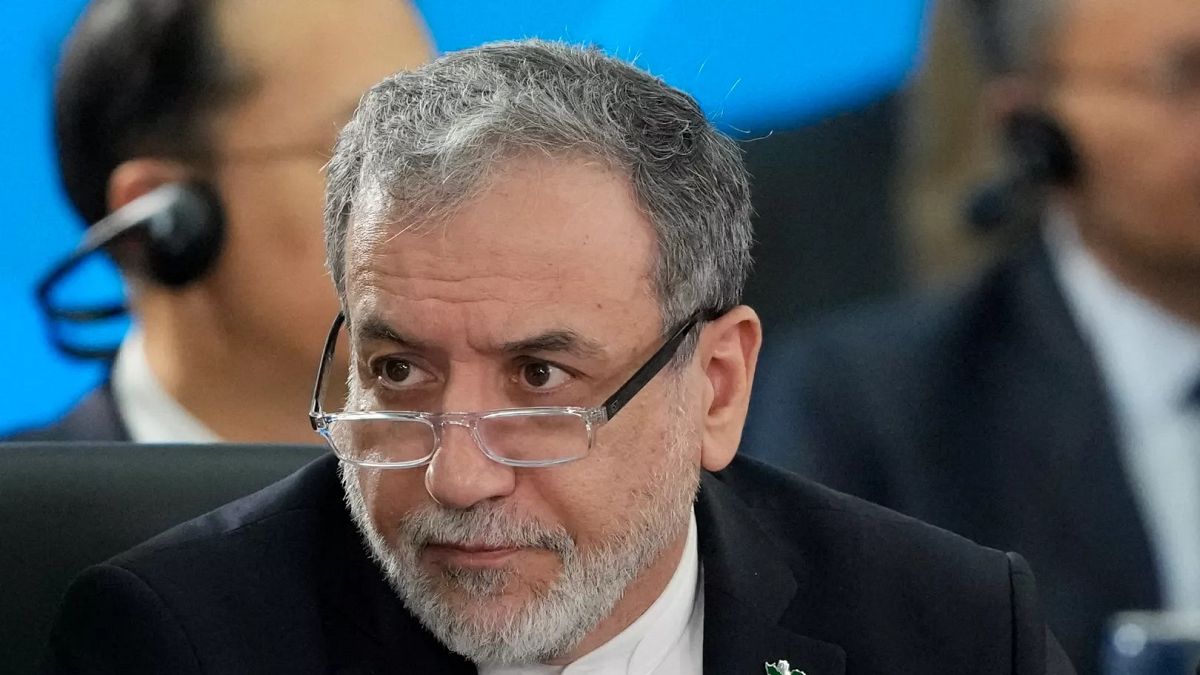

This week has seen a flurry of diplomatic activities and discussions, as several nations strive towards peace and cooperation amidst ongoing global challenges. From the Middle East to Eastern Europe, leaders are embracing dialogue and negotiation as crucial steps toward resolving long-standing conflicts and fostering economic development.
In a promising move towards resolving the impasse over its nuclear program, Iran has indicated its intention to resume talks with three European powers: France, Germany, and the United Kingdom. Iran’s foreign minister has expressed optimism about setting a date for these meaningful discussions aimed at addressing Western concerns and easing tensions. The resumption of these talks could represent a significant step forward in diplomatic relations, encouraging a peaceful resolution after years of uncertainty.
Meanwhile, in the heart of the Middle East, tensions remain high as the situation in Gaza commands international attention. Pope Leo XIV has made a heartfelt appeal for an immediate ceasefire, stressing the importance of respecting international law and protecting civilians. His call highlights a collective yearning for peace, as the region grapples with the impact of ongoing conflicts. The Pope’s appeal resonates as both a spiritual and humanitarian urging, embodying the broader international community’s hope for a resolution that prioritizes human lives and dignity above all.
In Eastern Europe, Ukrainian President Volodymyr Zelenskyy has proposed a new round of peace talks with Russia, amidst a backdrop of intensifying attacks. This proposal is a testament to Ukraine’s resolve to seek peace even as challenges persist on the ground. Zelenskyy’s initiative is a call to reaffirm commitments to dialogue, which could pave the way for a peaceful future. Amidst the turbulence, the drive toward negotiation signifies a steadfast dedication to ending conflict through communication and compromise.
Across the southern region of Syria, an agreement has been reached between Israel and Syria, aiming to establish a ceasefire in a conflict that has resulted in significant casualties over the past week. This development underscores a joint effort to curb violence and address the humanitarian crisis exacerbated by clashes between Druze minorities and Bedouin tribes. Syria’s interim president is actively encouraging Bedouin tribes to adhere to the ceasefire, highlighting the importance of unity and shared responsibility in achieving lasting peace. As the region heals from years of civil strife, such dialogue-driven efforts lay a foundation for sustainable peace and stability.
On an economic front within the region, there is a potential for transformation through the development of natural resources. Experts suggest that the recognition of Palestine as a state could pave the way for the Palestinian Authority to tap into the Gaza Marine field’s significant gas reserves. This potential development could lead to greater economic independence and revenue generation for the Palestinian Authority. Such an initiative could reduce reliance on external aid and foster economic growth, offering a pathway to prosperity that complements diplomatic efforts for regional stability.
Together, these developments reflect a global landscape where diplomacy and dialogue remain vital instruments for peace and growth. The spirit of negotiation and cooperation seen across different regions offers a glimpse of hope and unity in a world often divided by conflict. By focusing on shared humanity and mutual interests, leaders and communities alike are taking mindful steps toward a more peaceful and prosperous future.
Source: {link}
